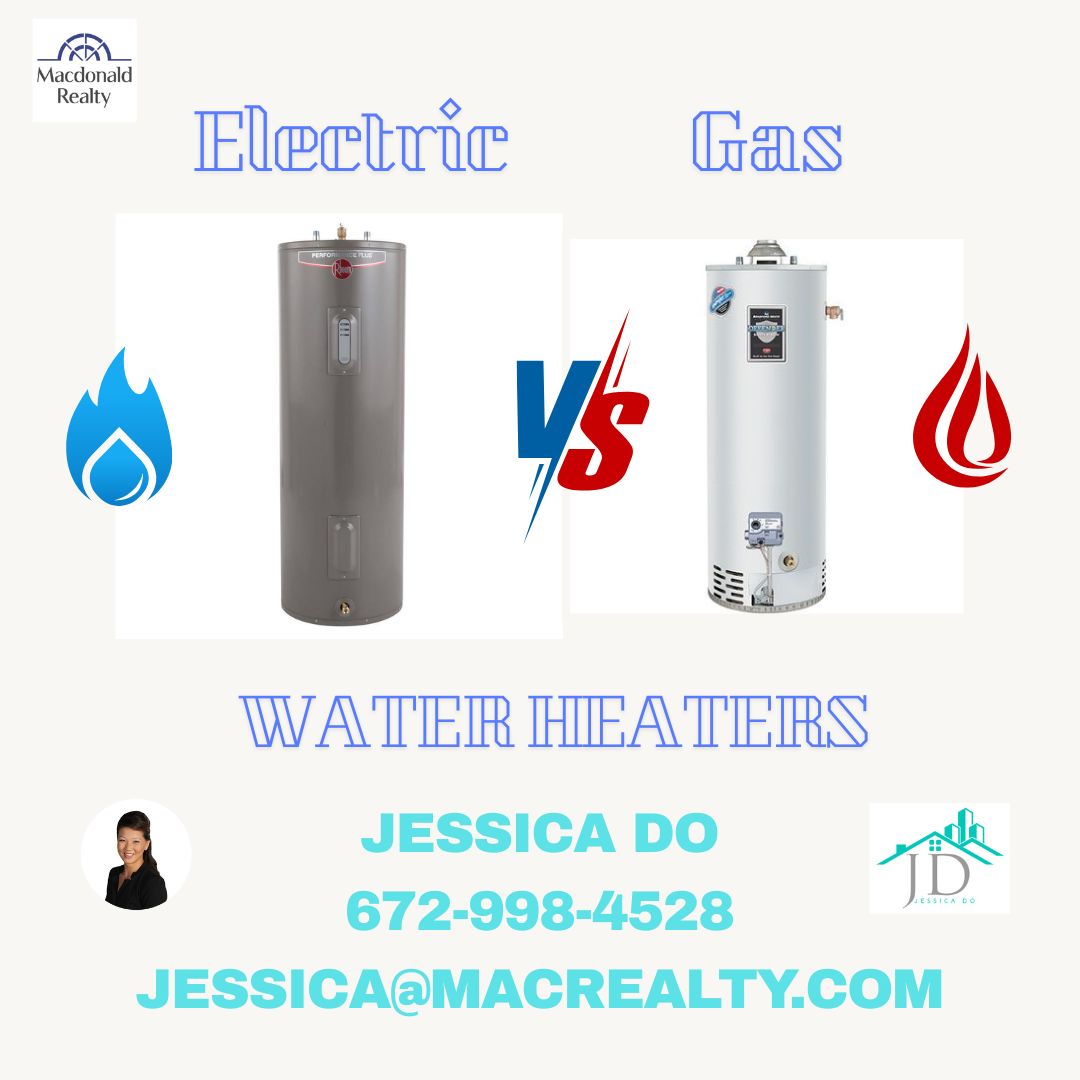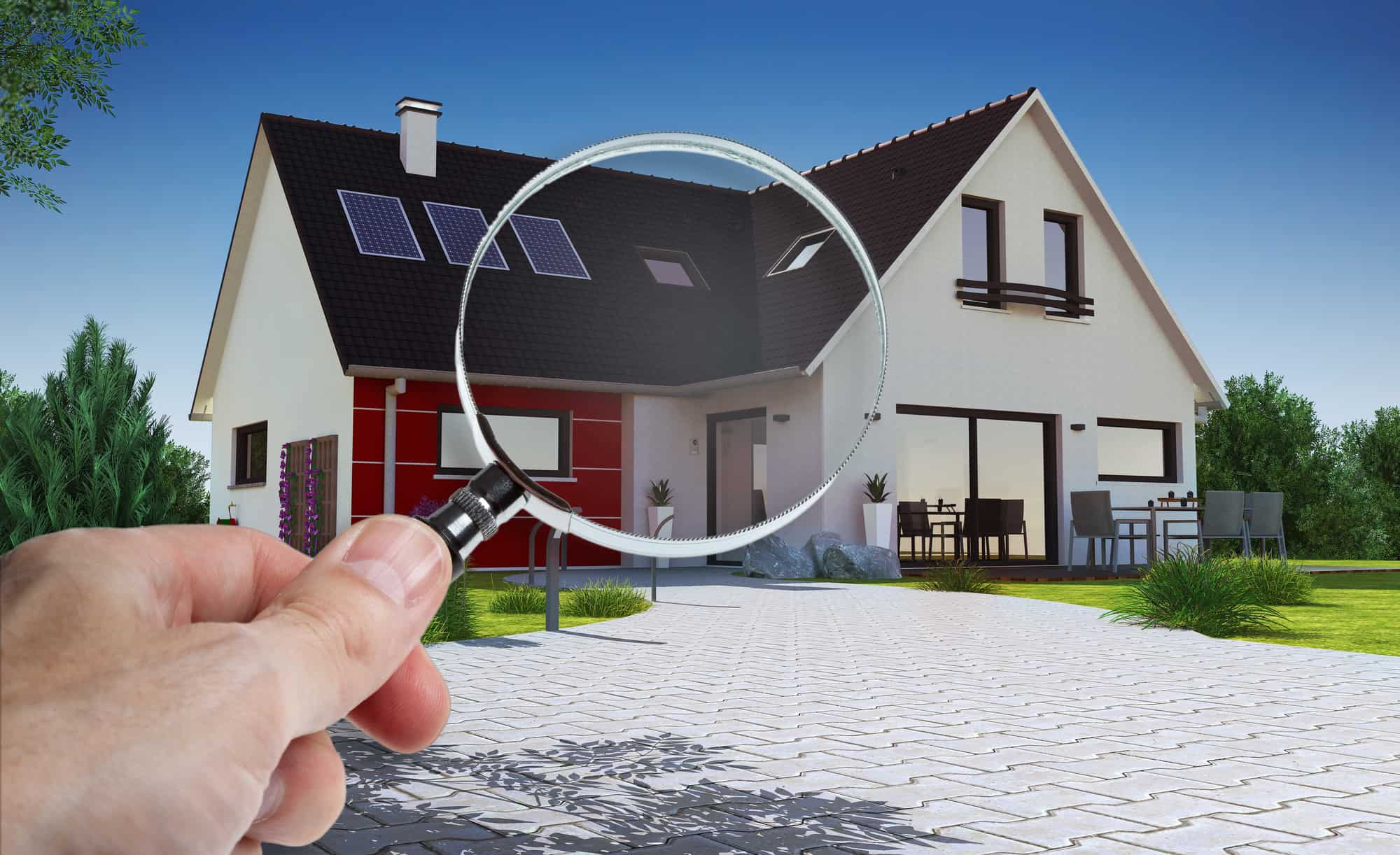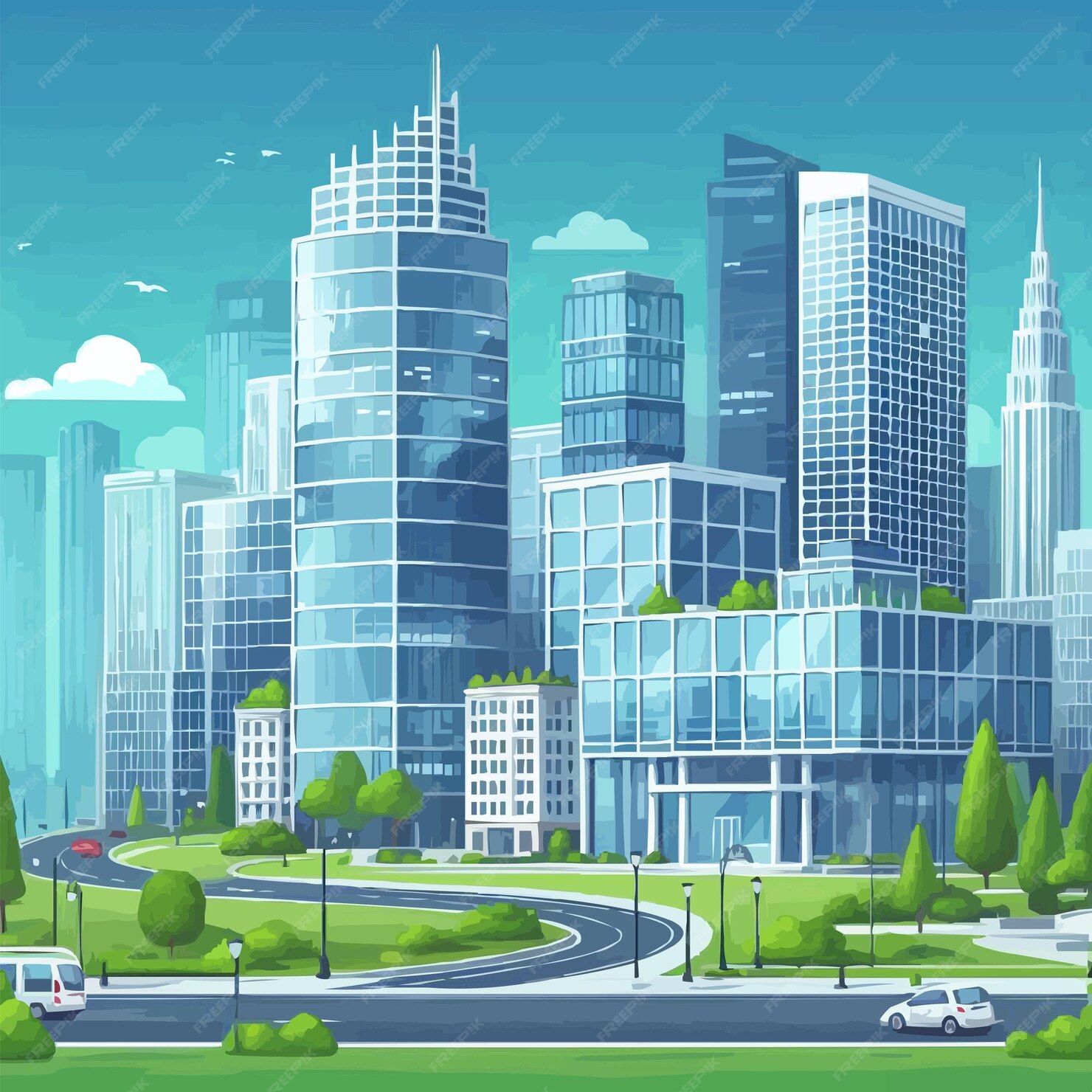🔥 1. Heating Efficiency and Speed
Gas:
Heats water faster than electric. Ideal for larger households or higher hot water usage.
Electric:
Slower to heat water, but more energy efficient (less energy is wasted during heating).
💰 2. Operating Cost (Monthly Bills)
Gas:
Typically cheaper to operate in most parts of Canada due to lower cost of natural gas vs. electricity.
Electric:
More expensive to operate over time because electricity rates are usually higher than gas.
💡 3. Installation and Equipment Cost
Gas:
Higher initial cost (unit + venting + gas line).
Requires proper venting for combustion gases.
Electric:
Cheaper upfront.
Easier and cheaper to install.
No venting required.
🛠️ 4. Maintenance and Lifespan
Gas:
More maintenance required (e.g., burners, venting).
Slightly shorter lifespan (8–12 years on average).
Electric:
Less maintenance.
Can last 10–15 years or more with proper care.
🌱 5. Environmental Impact
Electric:
If powered by clean energy (hydro, solar), it’s more eco-friendly.
Gas:
Produces greenhouse gases during operation.
✅ Summary:
Which is Better?
Feature: Winner
Heating Speed: Gas
Lower Monthly Bills : Gas
Installation Cost: Electric
Maintenance: Electric
Eco-Friendly: Electric (if renewable power)
🏡 Best Choice Depends On Your Situation:
Go Gas if:
You already have a gas line, use lots of hot water, and want faster heating with lower bills.
Go Electric if:
You want a lower upfront cost, simpler setup, and greener energy (especially in BC where hydroelectricity is common).
GAS OR ELECTRIC WATER HEATERS
Electric VS Gas for water heaters

Share this post:
Facebook
Twitter
LinkedIn
WhatsApp












